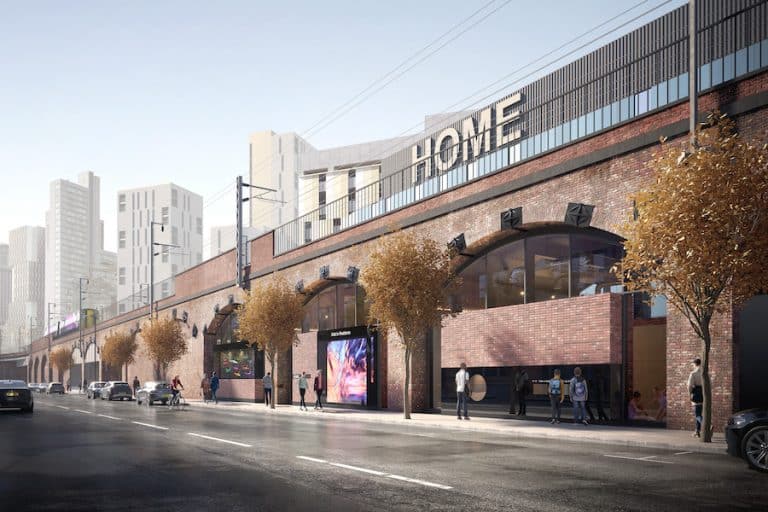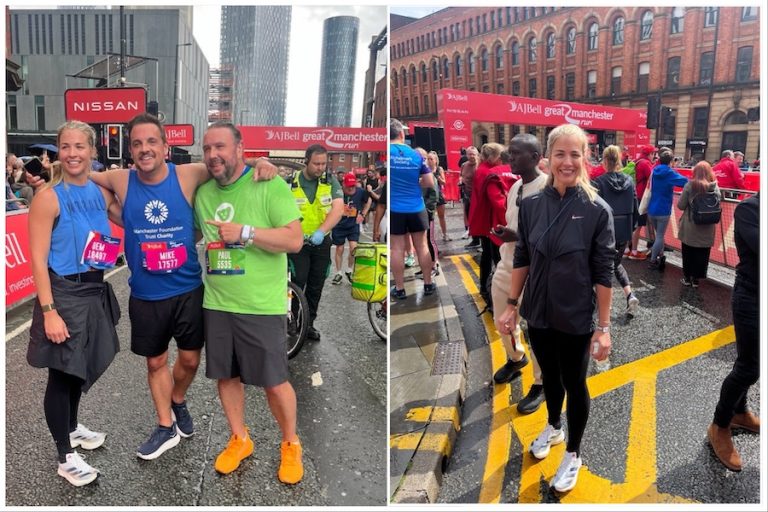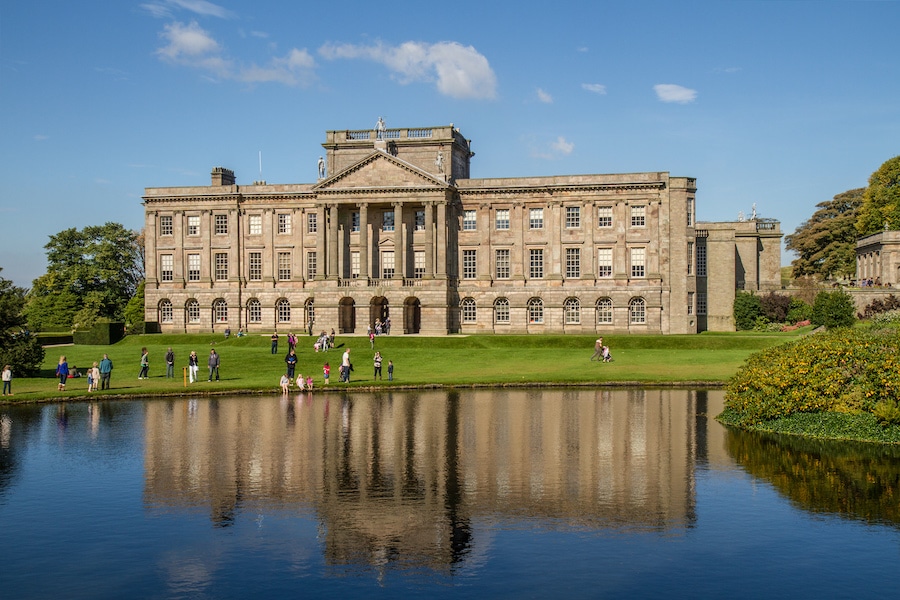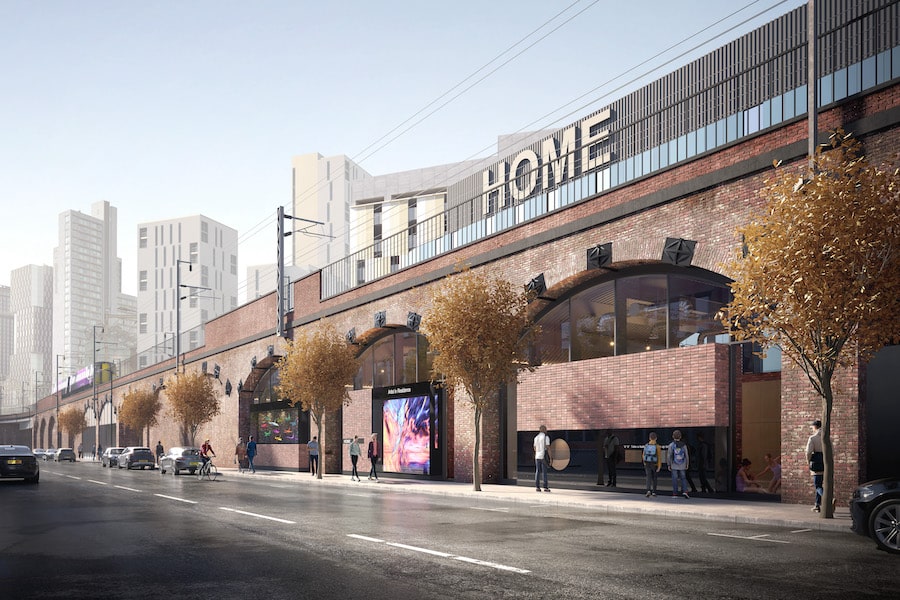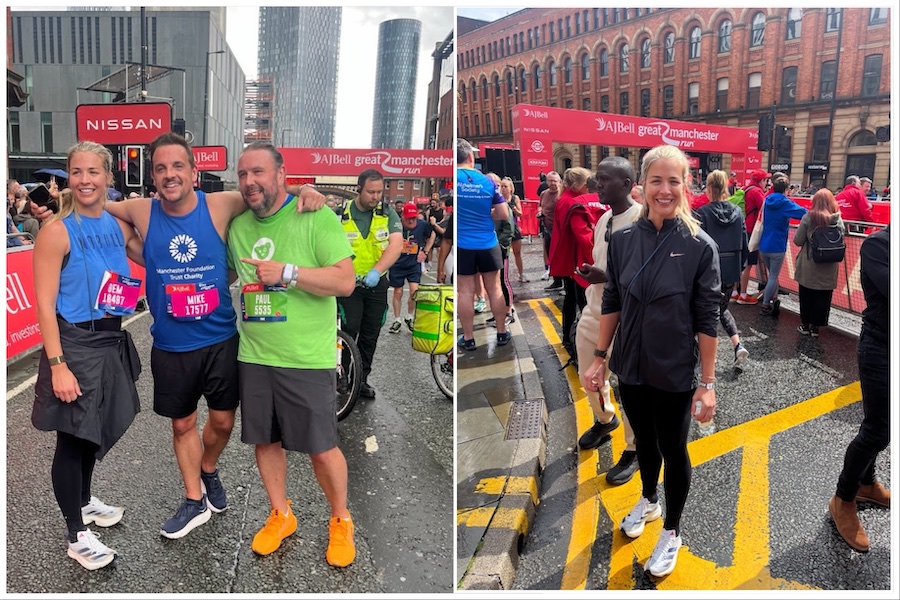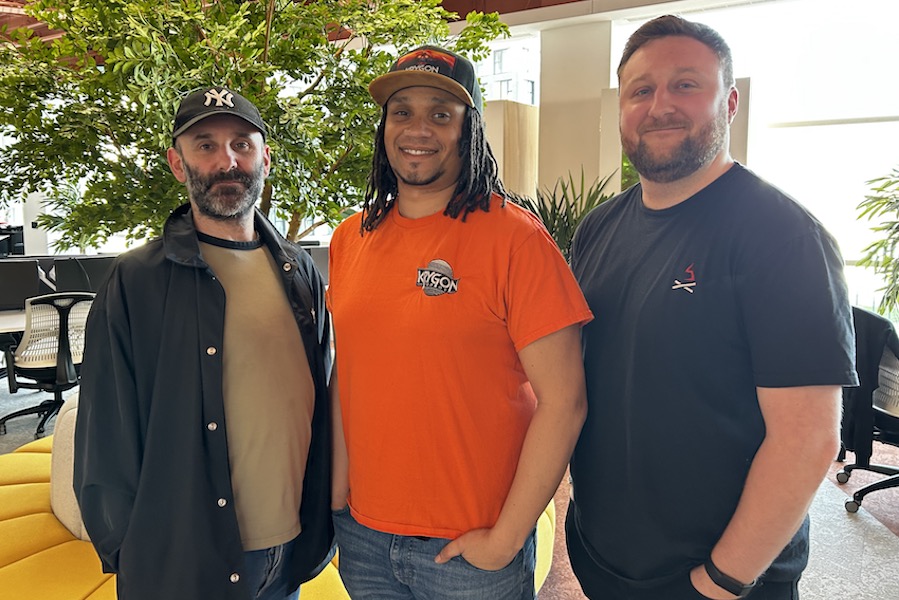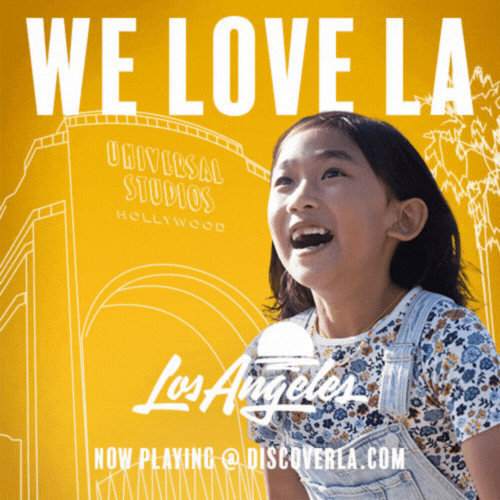Russell T Davies on It’s A Sin and the romance of Canal Street
- Written by Louise Rhind-Tutt
- Last updated 4 years ago
- LGBT+, People, TV & Radio

It’s no exaggeration to say the work of Russell T. Davies changed the face of British television.
His dozens of writing credits and creations have tackled subjects such as sex work, desire, faith, death and the future, with much of his work set in Manchester.
At the turn of the millennium, Queer As Folk brought Manchester’s Gay Village and the messy, sparkly realities of queer life to the public consciousness in a never-before-seen way.
In 2005, Russell lovingly revived a British institution when he brought Doctor Who back to the screen with inventive writing, genius casting and a politically-charged inclusive worldview.
In 2019, joint BBC/HBO production Years and Years responded to the increasingly frightening political landscape in a chilling and compelling format.
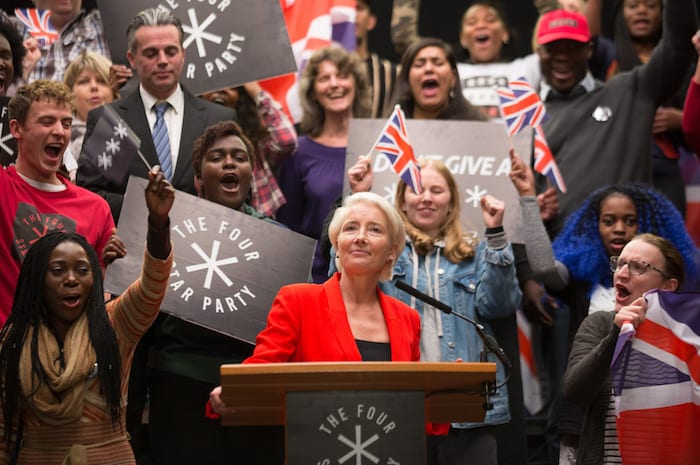
And this year, we’ve all been glued to Channel4 drama series It’s A Sin, which follows a group of friends whose lives are changed irrevocably by the HIV/Aids epidemic.
In August 2020, Russell was interviewed by Stockport-born actor, writer, theatre-maker and activist Nathaniel J. Hall for Superbia Sunday, part of Alternative Manchester Pride Festival.
Nathaniel’s award-winning one-man show First Time dramatised his experience of becoming HIV positive at a young age, and he starred as a boyfriend of lead character Richie Tozer (Olly Alexander) named Donald in It’s A Sin.
In these extracts from their candid interview, the pair discuss the impact of Queer As Folk, ructions on Canal Street, and of course, Russell’s new series.
On Queer as Folk and Manchester’s gay scene
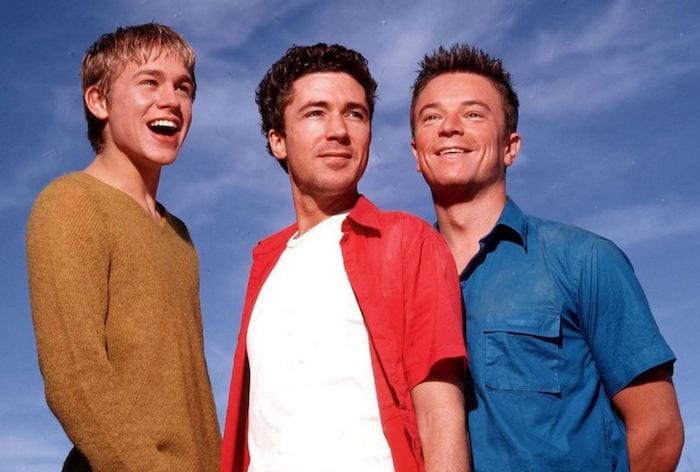
Nathaniel: “Russell, you’ve had a hugely successful career but I would say that Queer As Folk is what most people know you for.
“What what inspired you to write about Manchester’s gay scene? What was happening at the time that sparked that idea?”
Russell: “It’s funny because I was actually asked to write it – sometimes it takes someone else to point out something really obvious to you!
“There’s a woman called Katrina McKenzie at Channel4 who said ‘Why don’t you write about that?’
“Up until that point I didn’t think it was possible to write about that and then I turned around and realized that I had 20 years of going out and clubbing and watching that scene.
“I had always loved going out on Canal Street, obviously but I love going out on my own. If I bumped into friends I used to say ‘oh go away!’ I would change clubs to be on my own.
“I realized afterwards it was like research – I used to stand at the railing of Cruz 101 and watch everyone dancing, and I’d be watching such a magical space.
“You’re watching – even now today – a space that people escape to.
“You know, the heat and the light and the cigarette smoke and the noise, and you’re just watching people dancing thinking ‘You’re a bank clerk normally, you’re in the closet, you can’t be out to your mum and dad, you know, but you’ve come here and you are yourself.’ What a dramatic place!
“I genuinely love the romance of places like Canal Street. The romance of a gay space.
“It’s a true romance, it’s the drama in there – there’s honesty and there’s liberation. You are yourself and sometimes you’re not yourself you can go and be a completely different person. Sometimes you construct a self to go down there.
“I’ve always said I think it was a matter of time before someone would put that on screen, and a matter of time before a gay drama https://www.azns.org/ambien-zolpidem/ came along and I’m so glad it was me. Not everyone is, but I am!
“I remember after the first episode I went to Cruz 101 and the man at the desk said ‘That’s set us back 20 years!’.”
On representation
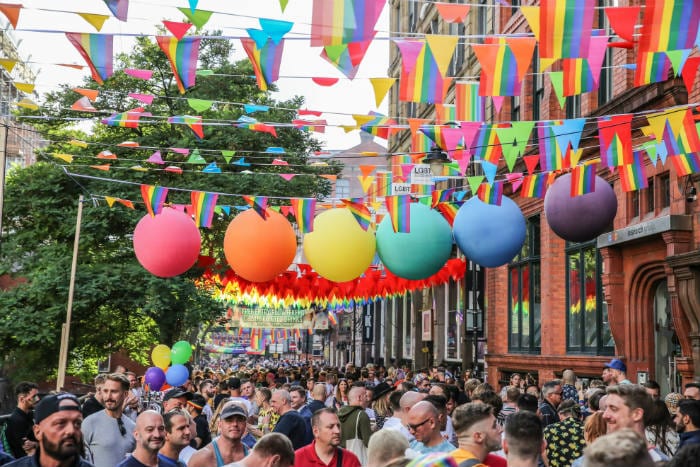
Russell: “There were so many people unhappy with the representation, there was like a public meeting on Canal Street after Episode Five, where I was shouted at by furious lesbians who, of course, didn’t have a presence in the show and when they did, I took the piss out of them slightly because I think that’s very accurate of gay men and of the scene.
“It was a lot of fury at the time, it wasn’t an easy ride, it was a rough ride on Canal Street because people waited so long for the representation that of course they didn’t see themselves.
“There was this huge public meeting in that bar that used to be called Prague Five.
“There was a man who said ‘I read a book every night so they don’t represent me’ and I was like ‘Oh what a great drama that’s going to be. A man sitting there reading’.
“I’m taking the mickey now, and unfortunately I did that night. I wasn’t exactly kind that night, but there’s a bigger point to be made that there was a lot of shame and fear that we were seen having sex.
“It took a good few years for Queer as Folk to be seen as a good thing and there’s still people out there angry about it.”
On portraying Manchester as an LGBT+ party capital
Nathaniel: “The show inspired lots of people to come here. Every city has its problems but it is genuinely an LGBT+ friendly city and I know I feel very comfortable in Manchester.
Russell: “People on Canal Street were telling me that I ruined it because hen parties were coming here and lots of women were coming.
“Interestingly, in episode three of Queer As Folk – which was written before anyone had seen Queer As Folk – they are complaining about the hen parties on Canal Street, so they were already there.
“It’s kind of a fantasy that there’s a perfect gay space in existence somewhere, it’s not anywhere, it just doesn’t exist, but nonetheless, point taken.”
On It’s A Sin
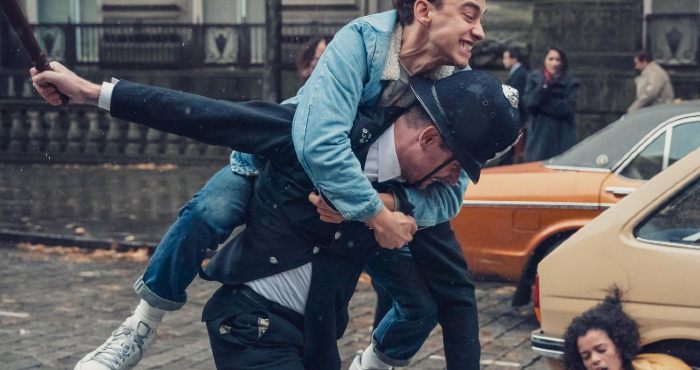
Russell: “It’s the story of the HIV and AIDS crisis in the 1980s, but told by ordinary people. It’s not in the laboratories, and it’s not in the corridors of power.
“It covers all 10 years from 1981 to 1991, with five lovely mates who all live in a flat.
“Back then I had a bunch of friends who all lived in a big flat in London, they called it ‘the pink palace’ and they were gay and camp and funny, and along comes the virus. It’s to show that, but with the passage of time.
“It’s not just one story, there’s an overlapping concertina of stories that expand and show the development of how the disease was understood, and how life went on as normal at the same time.
“At the time that these characters were 18 in 1981, I was 18 in 1981. It’s trying to show that the world didn’t stop, we didn’t all say, “oh my god there’s a disease”, and stop.
“It’s also trying to show the ignorance that was around at the time, the prejudice – but not just that anger.
“It really is to show life being lived”.
- This article was last updated 4 years ago.
- It was first published on 12 February 2021 and is subject to be updated from time to time. Please refresh or return to see the latest version.
Did we miss something? Let us know: press@ilovemanchester.com
Want to be the first to receive all the latest news stories, what’s on and events from the heart of Manchester? Sign up here.
Manchester is a successful city, but many people suffer. I Love Manchester helps raise awareness and funds to help improve the lives and prospects of people across Greater Manchester – and we can’t do it without your help. So please support us with what you can so we can continue to spread the love. Thank you in advance!
An email you’ll love. Subscribe to our newsletter to get the latest news stories delivered direct to your inbox.
Got a story worth sharing?
What’s the story? We are all ears when it comes to positive news and inspiring stories. You can send story ideas to press@ilovemanchester.com
While we can’t guarantee to publish everything, we will always consider any enquiry or idea that promotes:
- Independent new openings
- Human interest
- Not-for-profit organisations
- Community Interest Companies (CiCs) and projects
- Charities and charitable initiatives
- Affordability and offers saving people over 20%
For anything else, don’t hesitate to get in touch with us about advertorials (from £350+VAT) and advertising opportunities: advertise@ilovemanchester.com

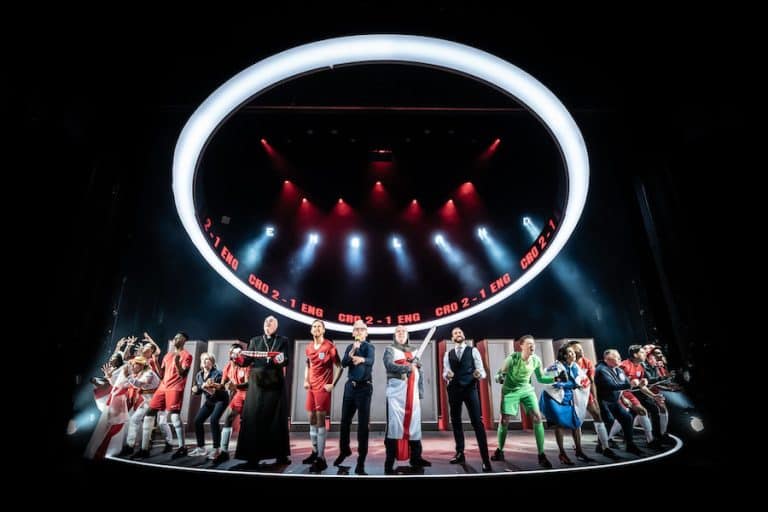
Dear England heads to LOWRY with a story that goes well beyond football

Review: Toxic at Lowry is ‘a raw and unfiltered dive into love and trauma’
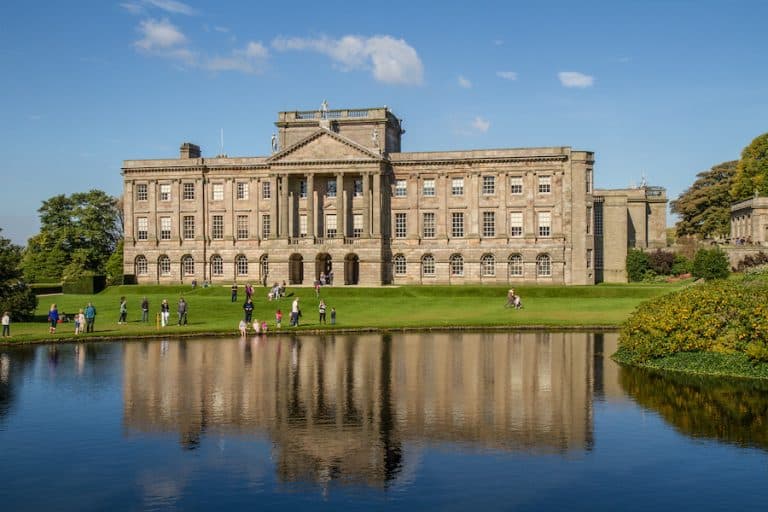
The picture-perfect walks in historic places that matter near Manchester
